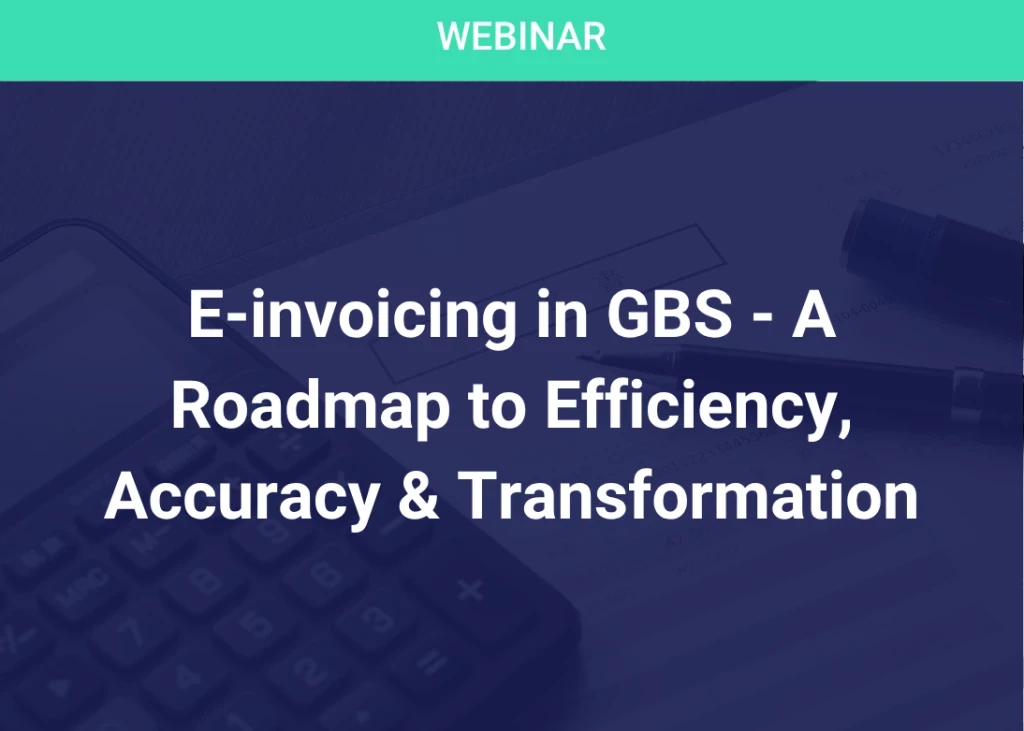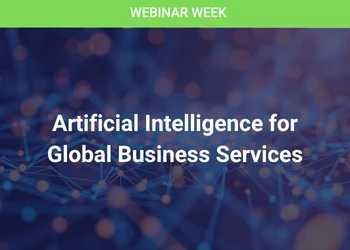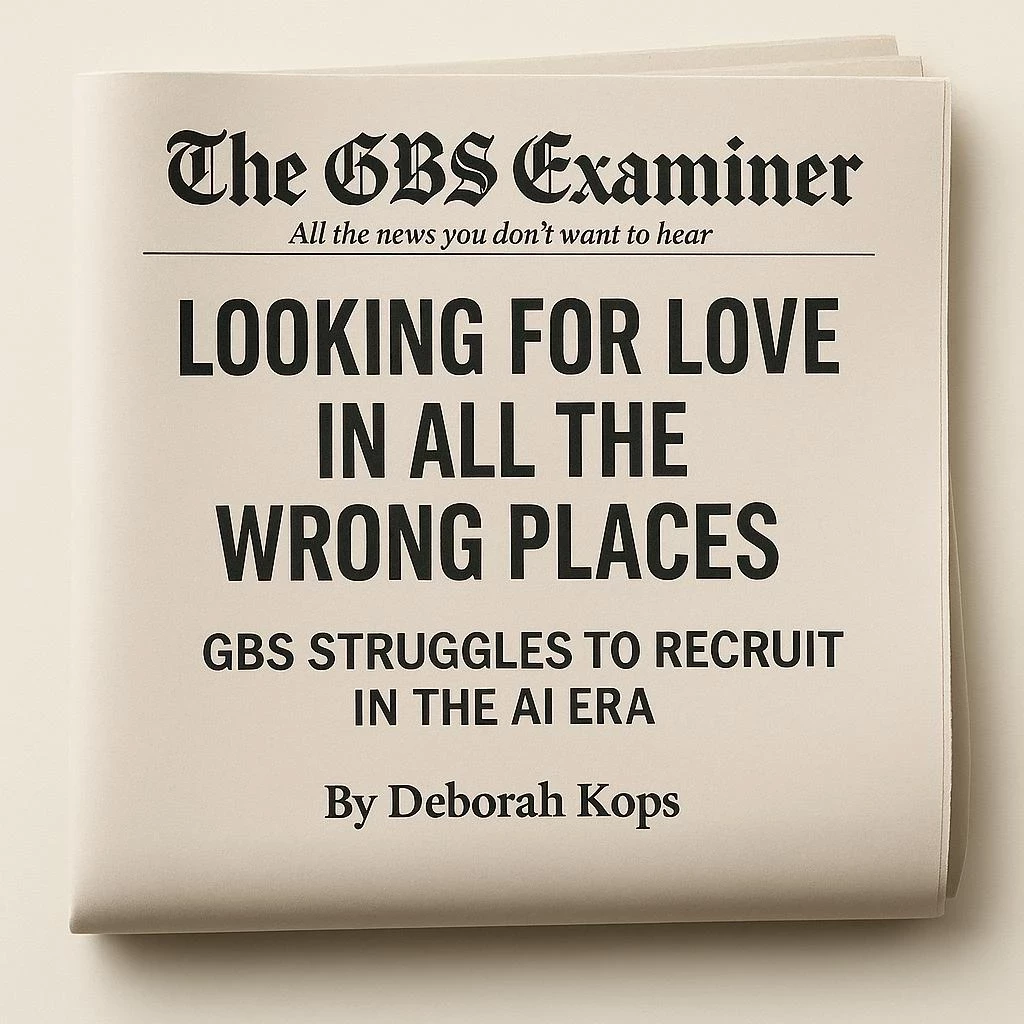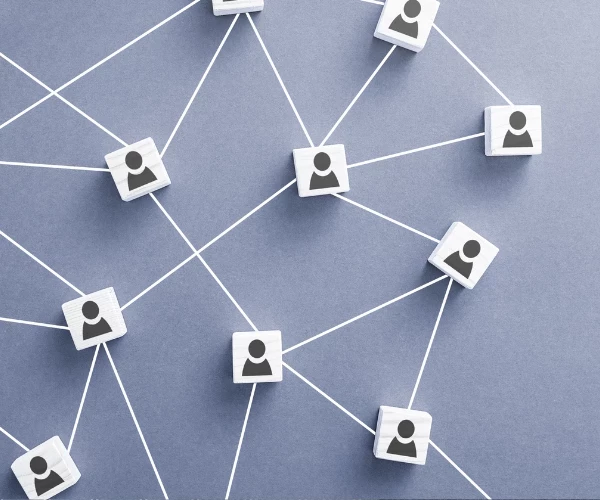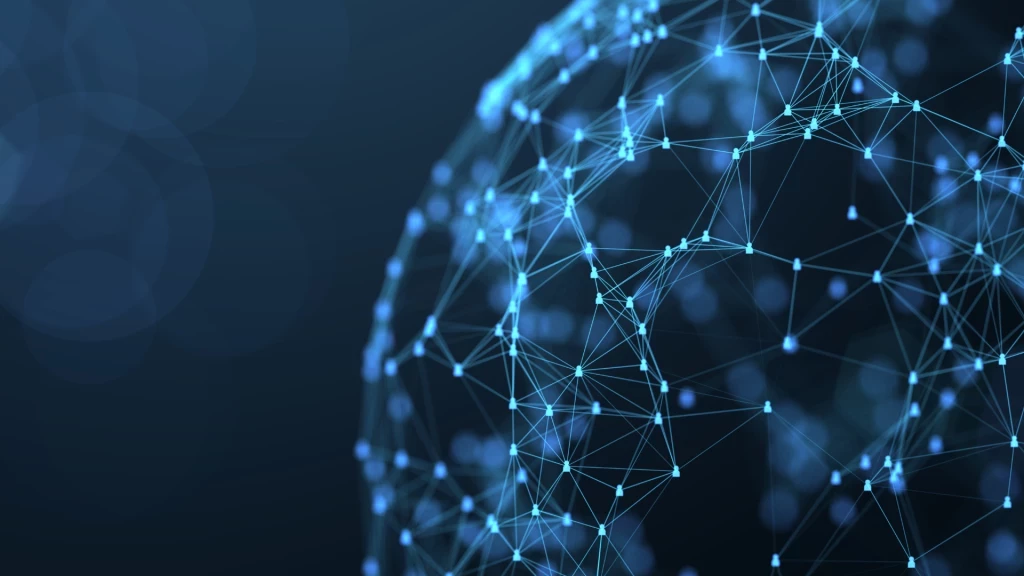Why HR services needs intelligent automation
Add bookmark
Robotics and artificial intelligence are the buzzwords of the moment (although the correct terminology should truthfully be intelligent automation, in line with the IEEE working group that is developing standards for this space). No matter what you call it, however, the fact is that humans working with machines exponentially drive up performance. The big shift more recently has been that machines are able to consume data as opposed to just follow commands. Right now, we are witnessing a high sense of anxiety around what this may promise.
While "basic" automation, for example robotic desktop automation, still leaves a lot on the table for smart human processing, the advent of more sophisticated automation solutions that incorporate a learning or cognitive element is propelling us to a brand-new level. [You can learn more about this at SSON's IA World Series, online and free, in September.]
For support services focused on human resources, the implications for saving time on non value-adding tasks, and exponentially scaling up value-added services, promises to propel HR into a far more valuable partner position. The constant pressure to do more with less, deliver operational improvements quickly, provide more reliable data, manage regulatory reporting, and, of course, deliver higher value services…mean that intelligent automation is appearing at just the right time.
One of the limitations of the current system is that all employees are treated the same, although they shouldn’t be. Just as you would want to differentiate between customer groups, so your enterprise systems should be able to differentiate between different sets of employees. As we know only too well, from engagements with the digital marketplace, miscommunication costs you dearly in terms of trust, loyalty, and brand. One small mistake has the potential of ballooning.
On the retail side, enterprises are acutely aware of the importance of getting it right: the business a customer transacts online today will impact what the customer sees online tomorrow. Through intelligent automation, we are now presented with the opportunity to apply the same learnings to the internal customer: the employee.
This ranges from encouraging return visits, to building up engagement, and driving loyalty; all habits that HR is eager to encourage. In addition, just as marketers recognize the power of chatbots to personalize an online experience, HR leaders are leveraging the same to improve the employee experience.
The innovations range from basic to cognitive-driven and include:
- chatbots replacing agents
- validating internal data against external data
- running, formatting, and distributing relevant reports
- personalized employee portals
- pushing what was tier 1 processing into tier zero
- effectively redefining the meaning of a knowledge base or library through meta-tagging
- proactively providing relevant information to employees
- immediately analyzing job applications and identifying the best fit
- adjusting relevant training and learning opportunities for an individual employee based on their activities
- reimbursing staff for costs without them needing to apply
- catering training to an individual employee’s career and making adjustments
When artificial – or augmented – intelligence joins the party, we can expect a vast improvement in prescriptive analytics around challenges such as where to build out a skills-based center based on college enrollment, infrastructure, cost of doing business, and other key metrics; or, which of the skill sets that you are currently developing are most susceptible to poaching?
For More Insights: Join the IA World Series 2017 (Free Online Event)

